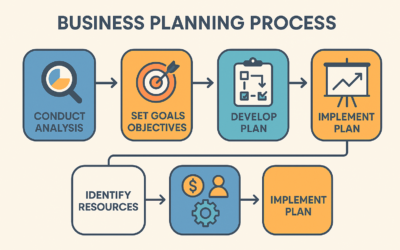Patents are considered essential by entrepreneurs to protect business ideas, products, or services. However, taking out a patent can cost thousands of dollars, and could sometimes take years to complete all the necessary legal documentation. Your patent could be challenged during the filing process as well. While patents are the best legal tool available to protect your small business’s intellectual property, there are several alternatives a company can consider as well. Read below for the alternatives to consider:
Non-Disclosure Agreements (NDAs)—NDAs are commonly signed between employers and employees these days. An NDA is a legally binding agreement that two parties mutually agree to. By signing an NDA, the two parties agree not to share information with another third party. NDAs are often one way, where one party, like an employee, agrees not to share certain information with a third party. NDAs can have an expiration date, or not. NDAs without an expiration date offer the most protection.
Non-Compete Agreements (NCAs)—Global Resources LLC consultants often recommend NCAs to companies that are concerned about an employee or a similar individual from starting a similar business. An NCA can stop an individual from starting a business that could compete with or threaten your business. There are certain legal parameters to be met, however. If your small business is concerned about a former employee or a researcher taking your ideas to make money on their own, an NCA can prevent that.
Work-For-Hire Agreements (WFHs): A WFH is an agreement that allows businesses to hire outside parties to work on a product, but later retain all intellectual property rights to a product. If you hire a third party company or an individual to improve a product at your company, make them sign WFHs. That will prevent the third-party helpers from claiming patent or intellectual property rights to the product your company will ultimately profit from. It’s important to understand that some of the people that help need to be listed on patents when you seek one. But with a WFH, they will have no rights over your product.
You will need legal oversight and managerial assistance before considering the above alternatives to patents. If you need consultancy advice regarding protecting your company’s intellectual property, go to GR-US.com to find a consultant.

0 Comments